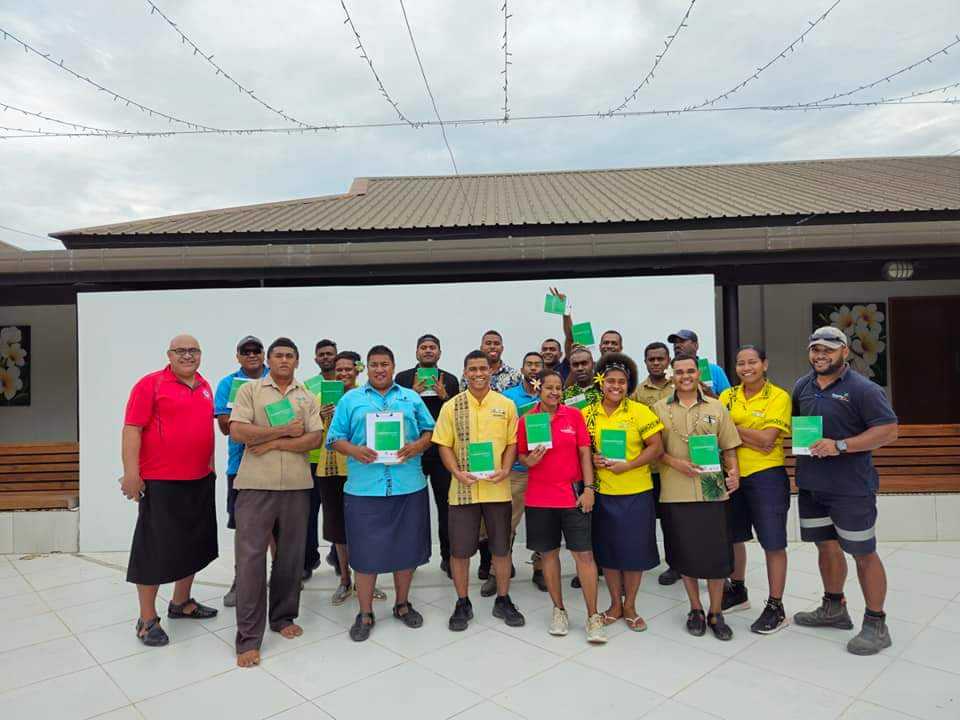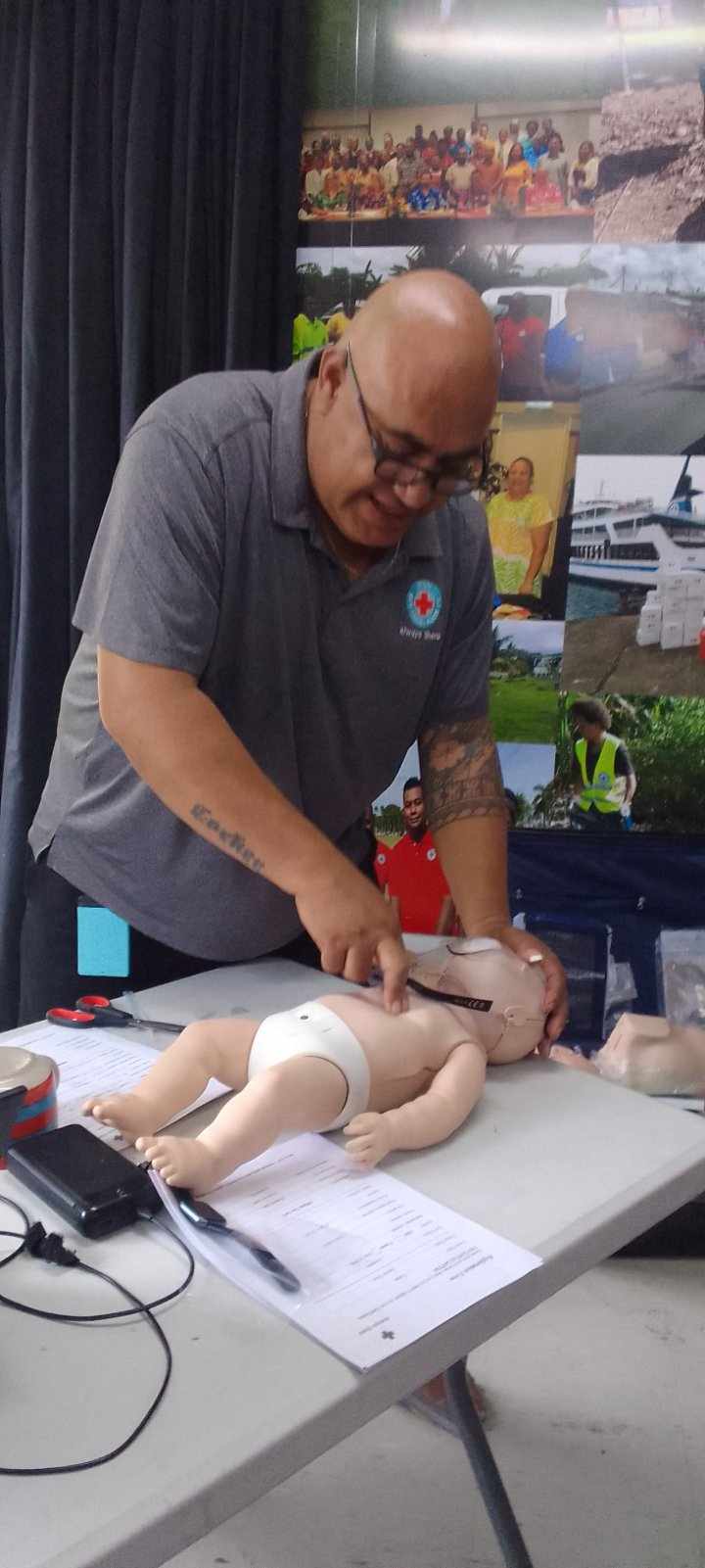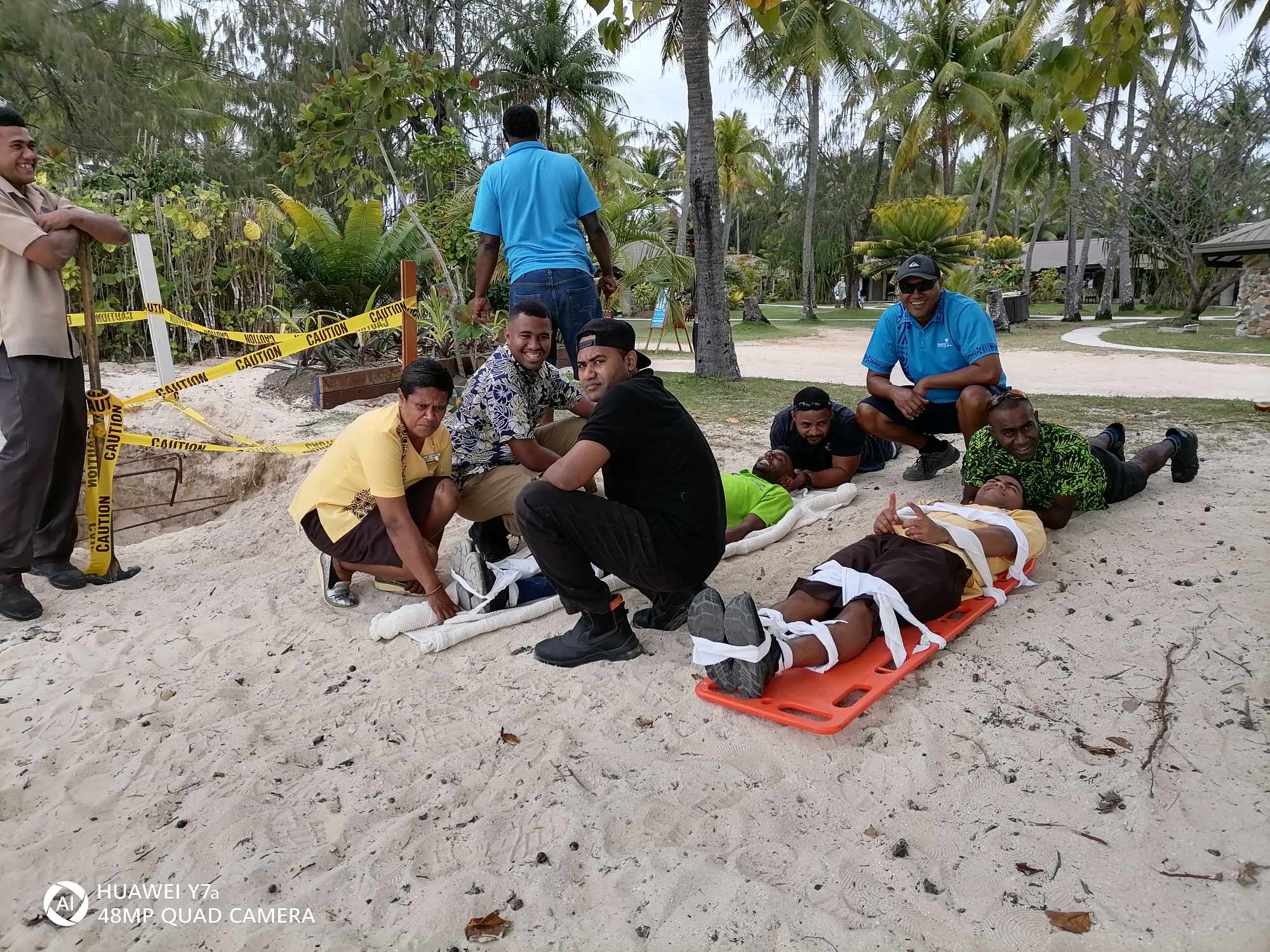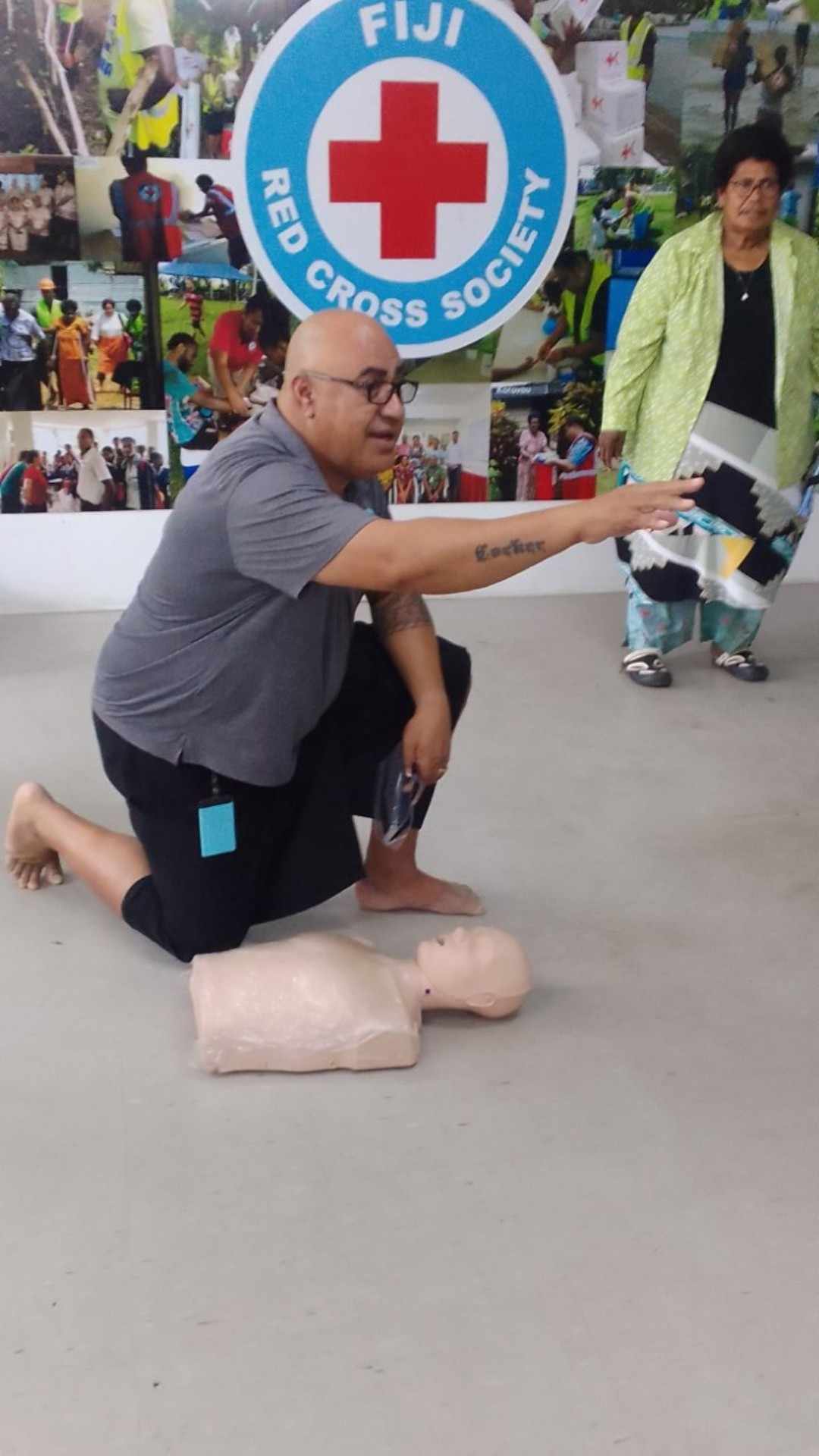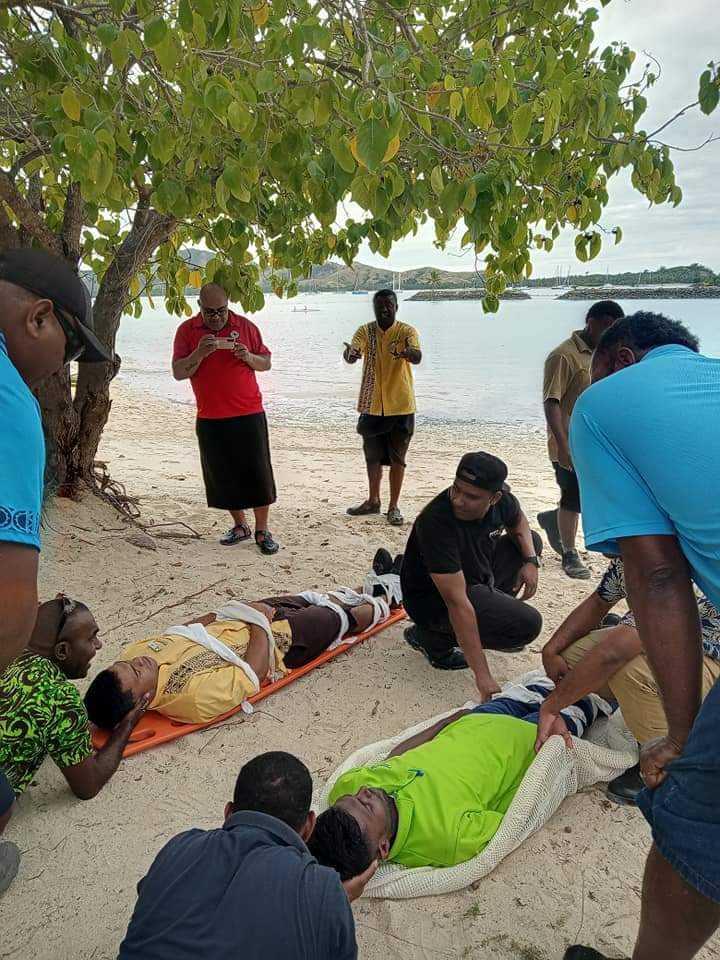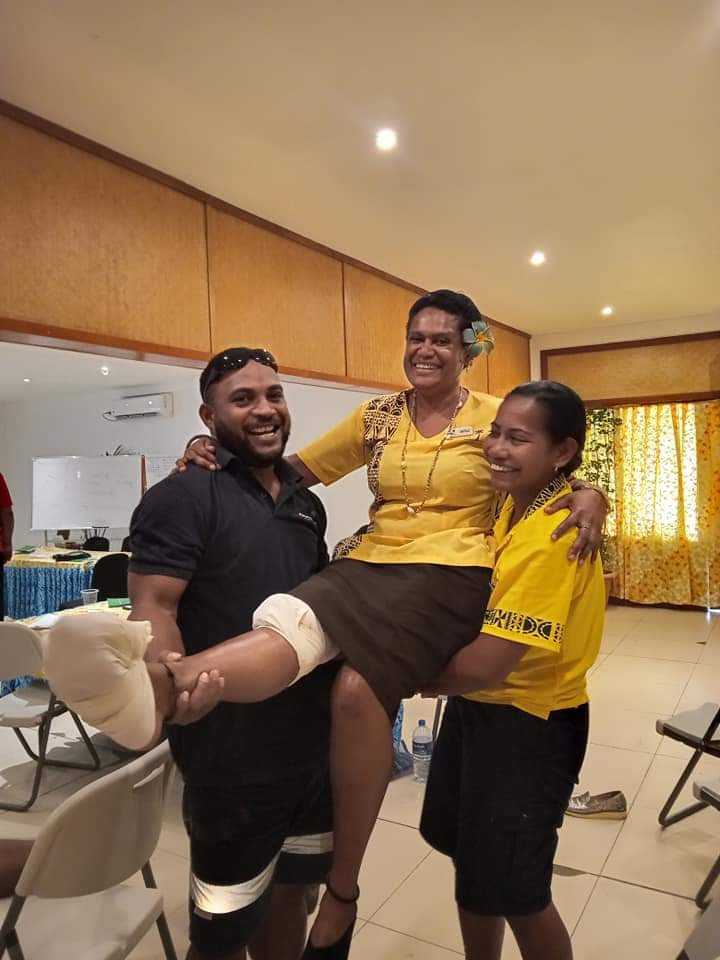SIGNIFICANCE OF FIRST AID SKILLS
In today’s fast-paced world, possessing first aid and safety skills is crucial in ensuring the well-being of individuals, particularly in areas where immediate medical assistance might not be readily available. This importance becomes even more pronounced in remote places or isolated islands where access to main hospitals or medical care is limited to the mainland.
As we draw closer to World First Aid Day, we highlight the importance of First Aid and Safety skills:
- Vital Lifesaving Abilities: First aid and safety skills empower individuals to respond effectively to medical emergencies, ranging from minor injuries to life-threatening situations. These skills include administering CPR, stopping bleeding, stabilizing fractures, and providing initial care until professional medical help arrives. In remote areas, where timely medical assistance might be hours away, having these abilities can mean the difference between life and death.
- Immediate Response: In situations where medical help is not readily accessible, the initial moments following an accident or medical incident are critical. First aid training equips individuals with the confidence and knowledge to take immediate action, minimizing the impact of injuries and potentially preventing complications. This rapid response can significantly improve the chances of a positive outcome.
- Adaptability in Remote Settings: Remote locations often lack the resources and infrastructure of urban centers, making it essential for residents, travelers, and workers to be self-sufficient when it comes to medical emergencies. First aid training teaches individuals to improvise with available resources, creatively using what’s at hand to provide effective care. This adaptability is especially vital in remote places where conventional medical supplies might be scarce.
- Building Resilient Communities: Communities in remote areas tend to be closely-knit, relying on each other for support. By equipping members with first aid and safety skills, these communities become more resilient in the face of adversity. Everyone becomes a potential first responder, capable of lending a helping hand during emergencies until professional help arrives.
- Mitigating Risks for Travelers: Remote islands and far-flung destinations often attract adventurers and travelers seeking unique experiences. For these individuals, having first aid knowledge can transform a potentially dangerous situation into a manageable one. Whether it’s dealing with minor injuries from outdoor activities or unexpected medical issues, being prepared with first aid skills can make a significant difference in their safety and well-being.
First aid and safety skills are not just essential for urban areas with easy access to medical facilities; they hold immense importance in remote places and islands where the nearest help might be miles away. Acquiring these skills empowers individuals to respond effectively in emergencies, fostering a culture of preparedness and support within communities.
As we recognize the value of these abilities, it becomes evident that investing in first aid training is an investment in the safety and survival of individuals, regardless of their geographical location.
Sign up for our First Aid and CPR course today. Call 3314 133 or email info@redcross.com.fj.
